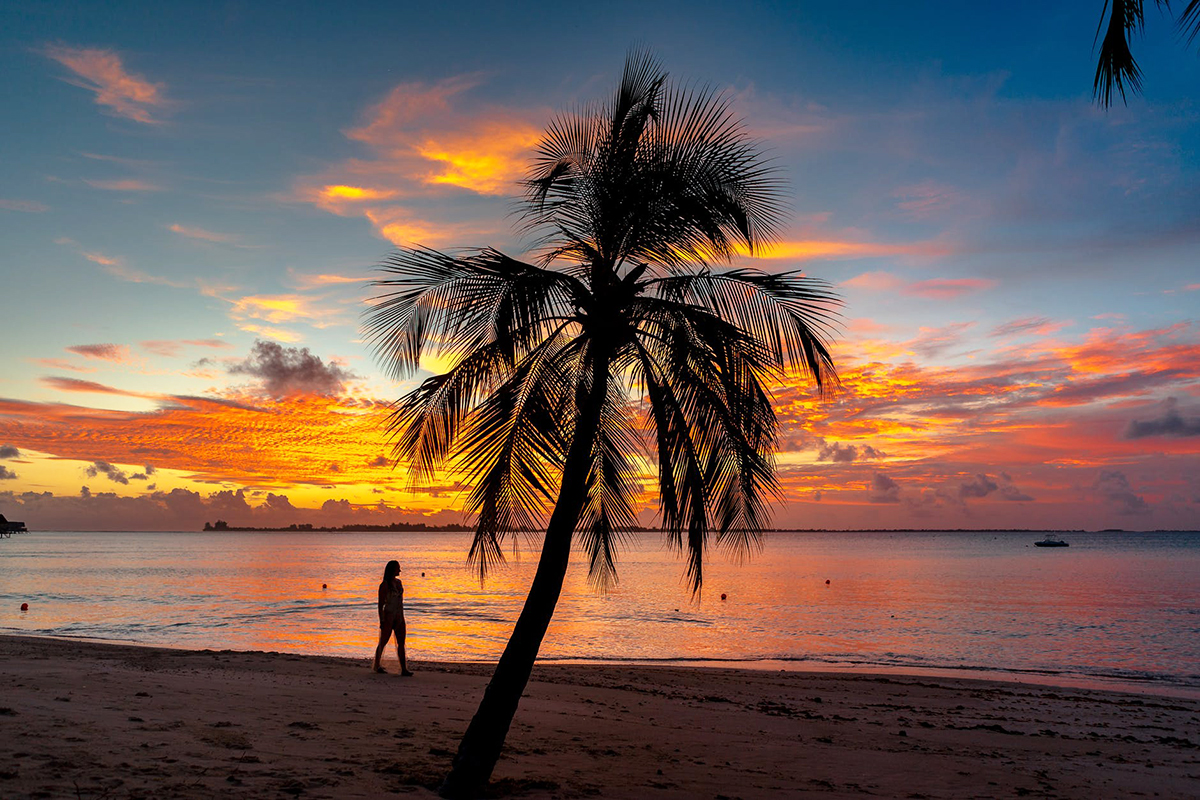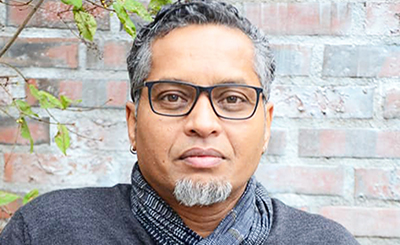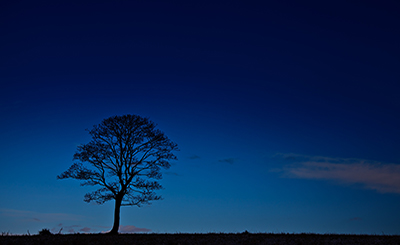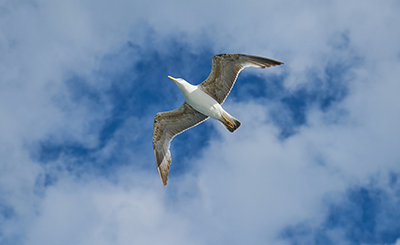
This poem is part of our world poetry special issue, with the focus on Turkey, curated by Ceyda Elgül, an instructor of translation at the Department of Translation and Interpreting Studies in Istanbul’s Boğaziçi University
Editor’s Note: “No man is an island entire of itself/every man is a piece of the continent, a part of the main...” wrote John Donne, whose death anniversary falls on March 31. However, amid the shared threat of a global pandemic, as we practise social distancing and seek refuge in the self, we may see ourselves as islands unto ourselves, rafting along the sea of life. As reports of people dying of coronavirus around the world come in, all of us at The Punch Magazine feel diminished as we are “involved in mankind”.
COVID-19 destroys lives, but as human race, we have always created what is greater than us — literature. It’s a dark and difficult period in the march of human civilisation. But this is also the time that will produce the best of literature. “What one writer can make in the solitude of one room is something no power can easily destroy,” Salman Rushdie once said. Poets and writers throughout history have always shaped the world, and stopped it from “going to sleep”. Someday, when all this is over, the world may not be the same, and we may have lost millions of our loved ones to the contagion, but, by then, poets and writers who are witness to this moment in history will have created life-affirming literature that will outlive us. We do hope that this phase proves to be just a “short sleep” and that we may soon “wake eternally” and emerge into the light — stronger and well-healed.
Islands by late Caribbean poet, playwright and theatre director Derek Walcott (translated by Özlem Berk Albachten) is part of our world poetry special issue, with the focus on Turkey, curated by Ceyda Elgül, an instructor of translation at the Department of Translation and Interpreting Studies, Boğaziçi University, in Bebek (Istanbul). It presents a selection of poems translated during a workshop in Turkey last year.
Curator’s Note: Poetry is generally associated with untranslatability. Poets are assumed to deconstruct and refashion the language, which eventually puts it in a state that cannot be replicated in another language. This portrayal would seemingly suggest that poems are “islands” that have no contact with “other shores”.
In July 2019, a group of professional poets, translators, and scholars from different linguistic and cultural backgrounds gathered at Büyükada, the largest of the nine “Princes’ Islands” in the Sea of Marmara, near Istanbul, to start a series of poetry translation workshops entitled “Island in Translation”. The gathering aimed to celebrate poetry translation as collaborative-creative production. A selection of island poets and/or poems with island themes was translated. The poets and the poems came from the Princes’ Islands (Istanbul), Cyprus, the Caribbean, and the Isle of Man. During the two-day workshop, the gathering delved into island literature from the viewpoint of translation and proposed corresponding images for island-poems in other languages, including English, Turkish, Korean, Kurdish, and Japanese. Metaphorically speaking, the group explored how “island-poems” and “other-shores” could be brought together.
Besides Islands by Walcott, other translations include poems by Turkish poet-essayist-novelist Enis Batur (translated by Saliha Paker); Sait Faik Abasıyanık, one of the major short story writers in Turkish literature in the 20th century (translated by Şehnaz Tahir Gürçağlar and İldar Gün Gürçağlar); Isle of Man-based English teacher Usha Kishore (translated by Seyhan Bozkurt Jobanputra and Rakesh Jobanputra); Özdemir Asaf, an eminent figure of contemporary Turkish Literature (translated by Seyhan Bozkurt Jobanputra and Rakesh Jobanputra); Turkish writer-stage director-theatre critic Melisa Gürpınar (translated by Ceyda Elgül); American poet Mel Kenne (translated by Mark Wyers, İdil Karacadağ and Gökçenur Ç.), another Turkish poet Haydar Ergülen (translated by Mark Wyers and İdil Karacadağ); Turkish poet-actor-visual artist Erkut Tokman (translated by Mark Wyers and Ceyda Elgül); Turkish-Cypriot poet Mehmet Yaşın (translated by Bilal Çelik and Başak Ergil); Turkish poet Muzaffer Tayyip Uslu (translated by Muazzez Uslu); Turkish poets Efe Duyan, Nihat Özdal and Çağla Meknuze (translated by Gökçenur Ç.) and Macedonia-born 20th century poet Yahya Kemal Beyatli, (translated by Merve Yahşi). In respect of the long tradition of poetry translation, the translations are presented along with the source poems so as to enable parallel reading.
Islands
(For Margaret)
Merely to name them is the prose
Of diarists, to make you a name
For readers who like travellers praise
Their beds and beaches as the same;
But islands can only exist
If we have loved in them. I seek
As climate seeks its style, to write
Verse crisp as sand, clear as sunlight,
Cold as the curled wave, ordinary
As a tumbler of island water;
Yet, like a diarist, thereafter
I savor their salt-haunted rooms,
(Your body stirring the creased sea
Of crumpled sheets), whose mirrors lose
Our huddled, sleeping images,
Like words which love had hoped to use
Erased with the surf’s pages.
So, like a diarist in sand,
I mark the peace with which you graced
Particular islands, descending
A narrow stair to light the lamps
Against the night surf’s noises, shielding
A leaping mantle with one hand,
Or simply scaling fish for supper,
Onions, jack-fish, bread, red snapper;
And on each kiss the harsh sea-taste,
And how by moonlight you were made
To study most the surf’s unyielding
Patience though it seems a waste.
Translated from In a Green Night: Poems, 1948-1960 by Derek Walcott (London: Jonathan Cape, 1962)
Adalar
(Margaret için)
Sadece adlarını anar nesirle
Günlük tutanlar, aynı seyyahlar gibi
Kumsalları yataklarıyla bir tutup öven
Okurlara duyurmak için adınızı;
Ama adalar ancak orada
Sevdalandıysak vardır. Ben de
Tıpkı iklimin tarzını aradığı gibi arıyorum
Kum gibi sert, gün ışığı gibi saydam,
Kıvrılan dalgalar gibi soğuk,
Bir bardak ada suyu gibi sıradan dizelerimi;
Yine de günlük tutanlar gibi sonra tadarım
Dizelerimin tuz kokulu odalarını
(Kırışık çarşafların çırpıntılı denizinde
Dönüp dururken bedenin) yitiriyor aynalar
Birbirine sokulmuş uyuyan suretimizi,
Dalgaların sayfalarıyla silinen
Aşkın bir gün söylemeyi umduğu sözler gibi.
İşte günlüklerini kuma yazanlar gibi ben de,
O adalara bahşettiğin huzuru anıyorum;
Gece dalgaların sesine karşı
Lambaları yakmak için inerken
Dar merdivenlerden, titrek alevi
Korurken bir elinle, ya da sadece
Balığın pullarını temizlerken akşam için,
Soğan, turna balığı, ekmek, kırlangıç;
Ve her öpüşte sert deniz tadı,
Ve ay ışığında kıyıya çarpan dalgaların
İnatçı sabrını öğrenmeye çalışmanı
Boşunaymış meğerse.
Comments
*Comments will be moderated












